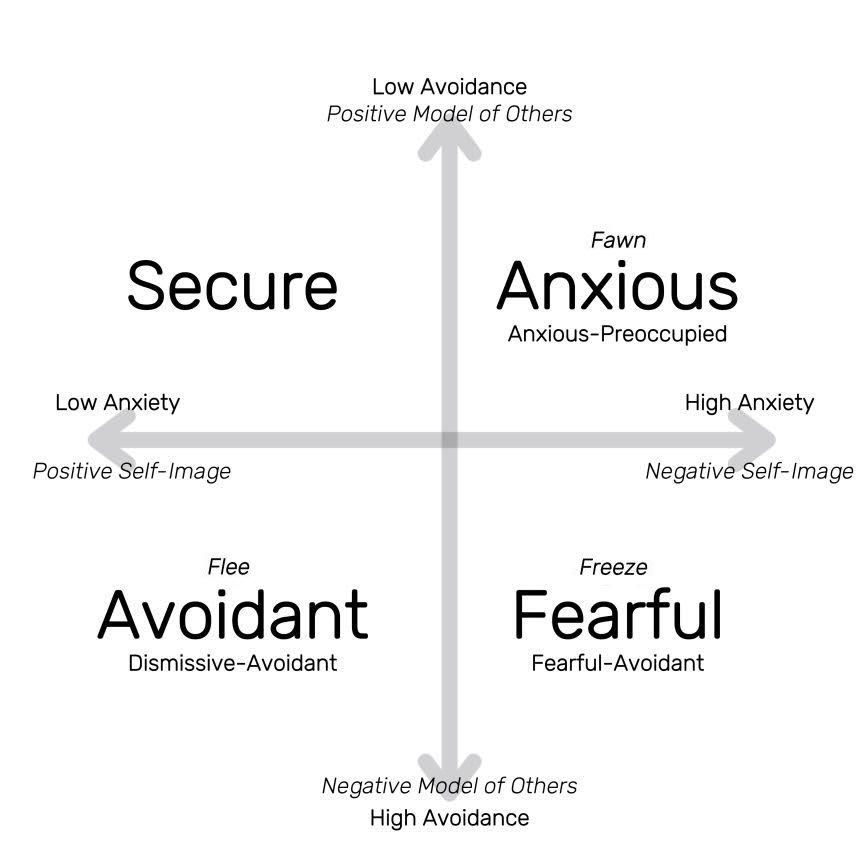You May Be Secure
When you are at
ease to depend on others and having them depend on you. You approach
connections with a balanced mix of independence and emotional intimacy, valuing
both aspects in a harmonious manner.
Your sense of self-worth is
comfortable, allowing you to effortlessly give and receive support in
relationships. Trust and security are pivotal elements in your interactions,
creating an environment where expressing emotions feels natural, and you are attuned
to the feelings of those around you.
In the realm of relationships,
you actively seek a healthy equilibrium between autonomy and intimacy. While
you cherish close connections, there is no inclination to excessively cling to,
or distance yourself from your partner. This secure Attachment Style equips you
with the confidence and openness to navigate the complexities of relationships.
Your effective communication and
empathetic nature contribute to fostering a positive and supportive atmosphere
in your relationships. Collaboration is a value you hold dear, viewing
relationships as a source of joy and fulfillment rather than a potential
wellspring of anxiety or fear.
Overall, your secure Attachment
Style lays the foundation for strong and lasting connections. When faced with
challenges or joys in relationships, you approach them with a sense of
resilience and optimism, embodying the qualities that contribute to the
development of enduring and meaningful bonds.

